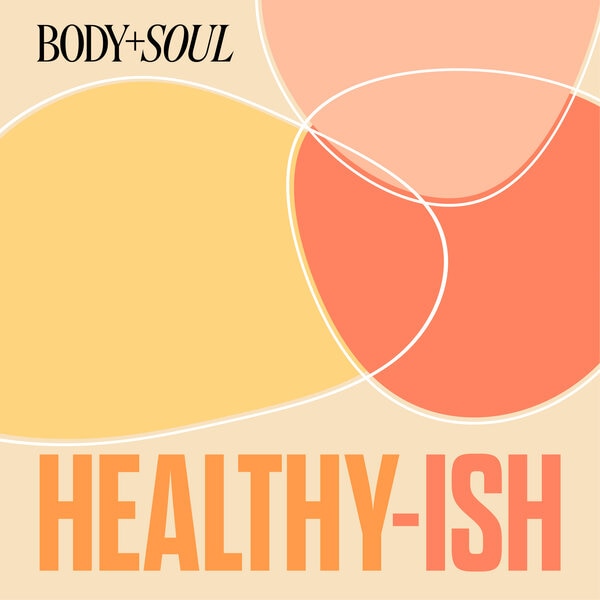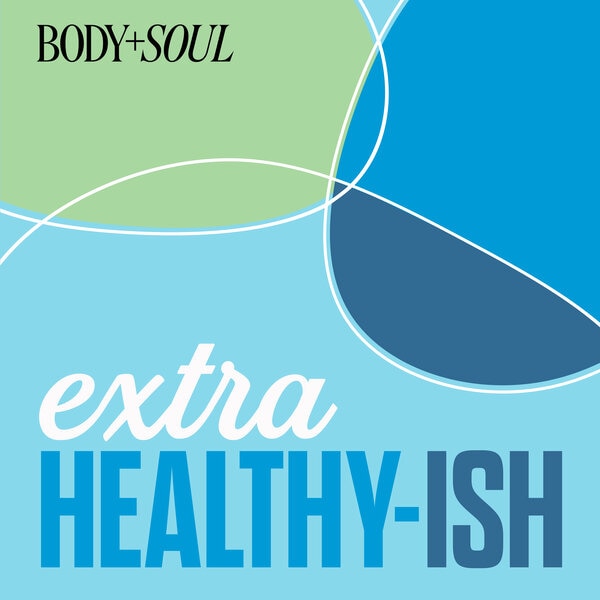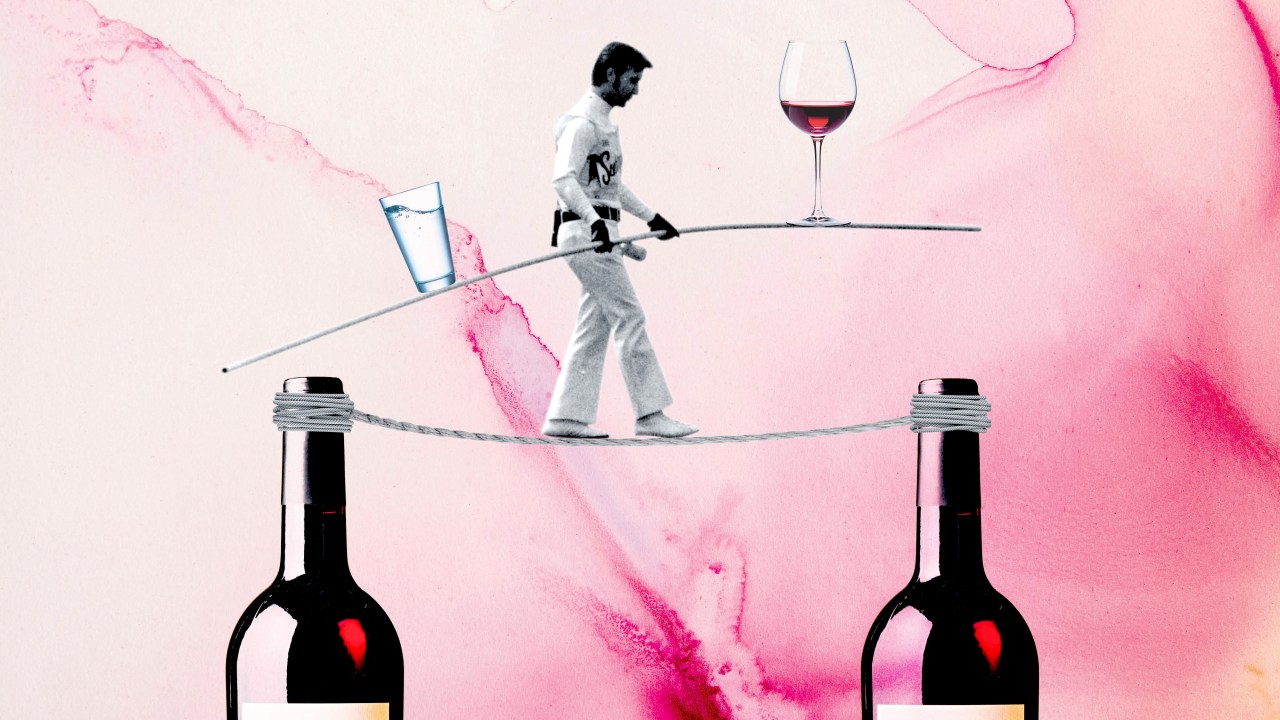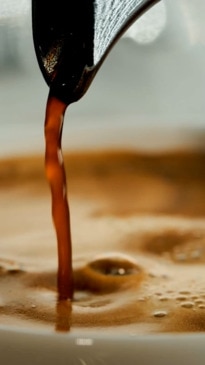It comes as no shock that superstar celebs like a tipple. But when does enjoying a few glasses of bubbly or a night of margaritas become less of a party and more of a problem?
Adele recently told the audience at her Vegas residency that she’d ditched the booze after she was “literally borderline alcoholic for quite a lot of my 20s.” But the big question is: is there really such a thing?
“Simply put, there’s no such thing as a ‘borderline alcoholic’,” says founder of alcohol reduction app, Mind the Sip, Ange Chappel. “Today the term ‘alcoholism’ is no longer used as a clinical diagnosis, and has been replaced with ‘Alcohol Use Disorder.’ This refers to problematic patterns of alcohol consumption leading to significant impairment or distress.”
She adds: “I don’t think Adele was announcing a diagnosis, but rather expressing she’s changed her relationship with alcohol. It was a way of saying alcohol wasn’t serving her.”
Like what you see? Sign up to our bodyandsoul.com.au newsletter for more stories like this.
“Thinking in terms of ‘alcoholic’ or ‘not alcoholic’ can be unhelpful,” confirms sober coach Rory Kinsella, who teaches Wise Monkey Way meditation-based programs that help people moderate or quit drinking.
“’Alcoholic’ is a loaded term that leads people to think if they’re not sleeping in the gutter or swigging vodka for breakfast, nothing needs to change.” He adds: “Alcohol use is a spectrum. There’s no definitive, objective point where it becomes problematic.”
Not only is our alcohol use on a spectrum, but our position on that spectrum can change at different times of our lives. “Drinking is a continuum,” says Kinsella. “People can and do move up and down it, depending on their stage of life, the amount of stress they are dealing with, and social pressure.”
People who fall in the middle of this spectrum are known as ‘grey area drinkers.’ “These people tend to have more problems as they get older, often from 35 (Adele’s age) and upwards,” says Kinsella. “This is perhaps due to increased tolerance to alcohol, which means they drink more, and feel worse because of it.”
The change in drinking culture, particularly amongst younger people, has helped many reassess their relationship with booze. Gen Zs (generally considered those born from the mid-1990s to the mid-2010s) drink around 20 per cent less than millennials (early 1980s to mid-1990s), who also drink less than the previous generation, according to research. This means that alcohol-free alternatives are now more accepted than ever – and the conversations around alcohol are also more tolerant.
“Recognising drinking on a continuum encourages open conversations about responsible drinking, and the diverse reasons people may choose to abstain or limit their intake,” adds Chappel.
While labelling anyone as ‘borderline alcoholic’ isn’t helpful, there are ways to determine where you sit on the alcohol spectrum. While there are still recommended weekly alcohol limits (10 standard drinks a week for men and women in Australia), it’s good to consider how alcohol is affecting you personally, even if you’re not exceeding those limits.
“I encourage people to ask themselves if overall they feel alcohol has a positive or negative effect on them,” says Kinsella. “Are the highs worth the lows? Is the price in hangovers, interrupted sleep and increased anxiety worth whatever perceived benefit they’re getting? Regardless of how much or how often you drink, if you’re noticing increasing negative effects from it, then it’s a good time to consider stopping.”
Want to be more mindful of what you’re drinking? Look into what’s driving you to swig that Sav Blanc. “If you’re drinking half or more of a bottle of wine in the evening to cope with work or parenting stress, it can be good to find a replacement for dealing with that stress,” suggests Kinsella. “I get my clients to meditate in the early evening when they would normally have a drink and notice if they crave one less afterwards.”
If you have serious concerns about your imbibing, talk to your GP. And if you’re doing an Adele and contemplating ditching the drink, it’s time to get straight with yourself. “The simplest question to ask yourself is: ‘Am I drinking more than I would like?’ says Kinsella. “If the answer’s yes, then it’s worth looking into whether you want to change that.”
Non-alcoholic drinks you’ll love
Shop here
Shop here
Shop here
Shop here



